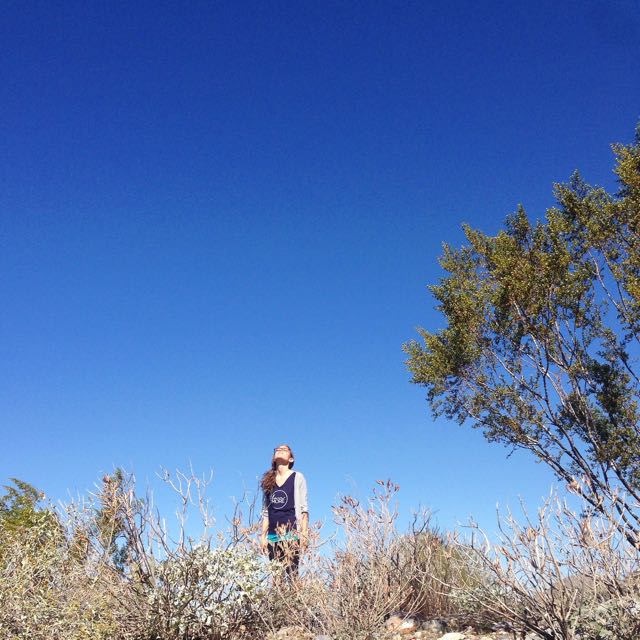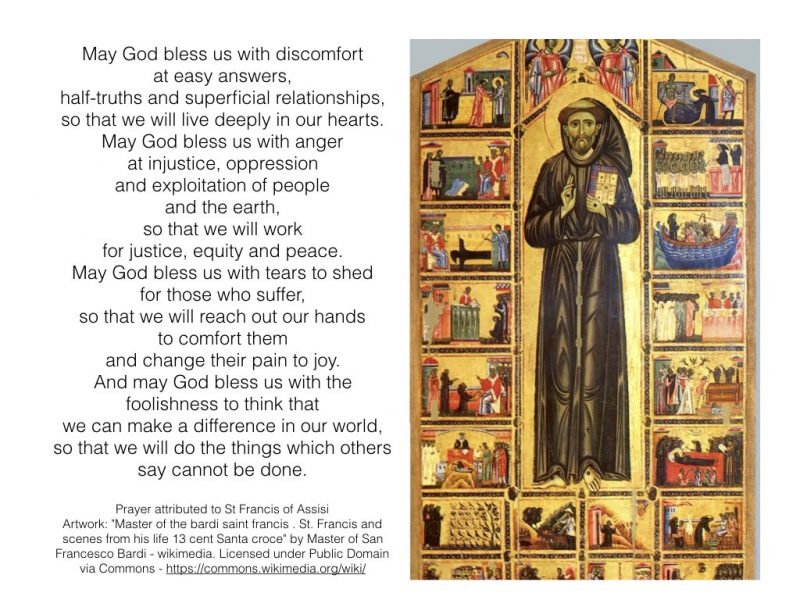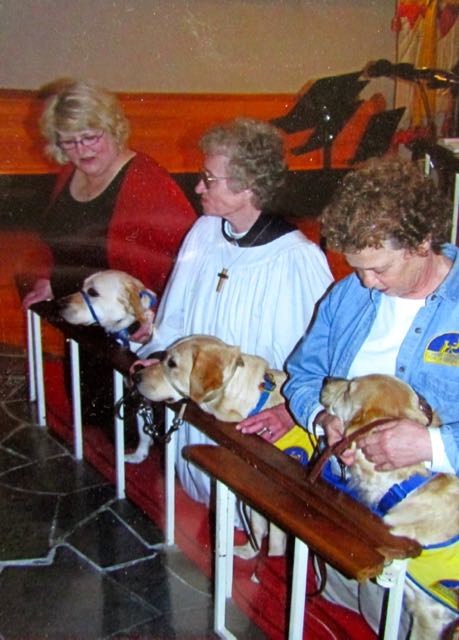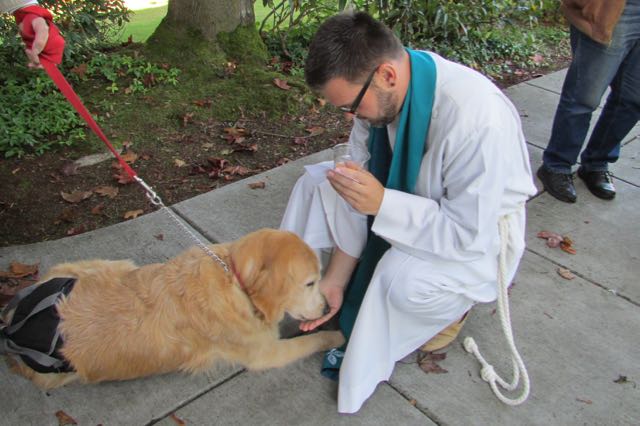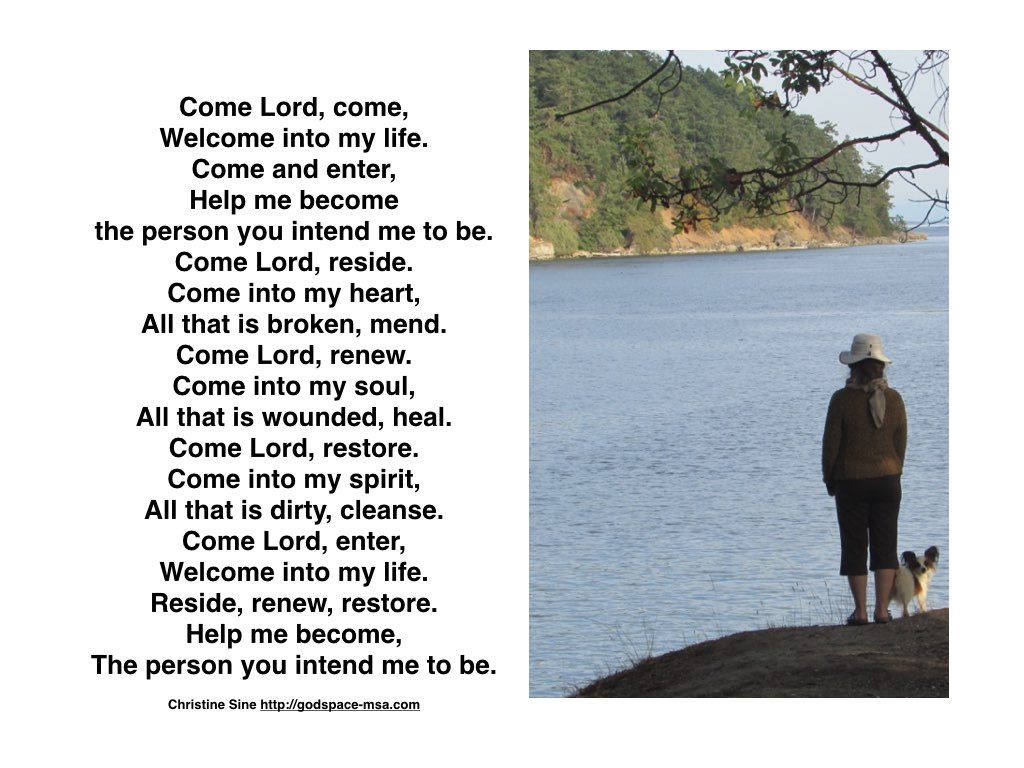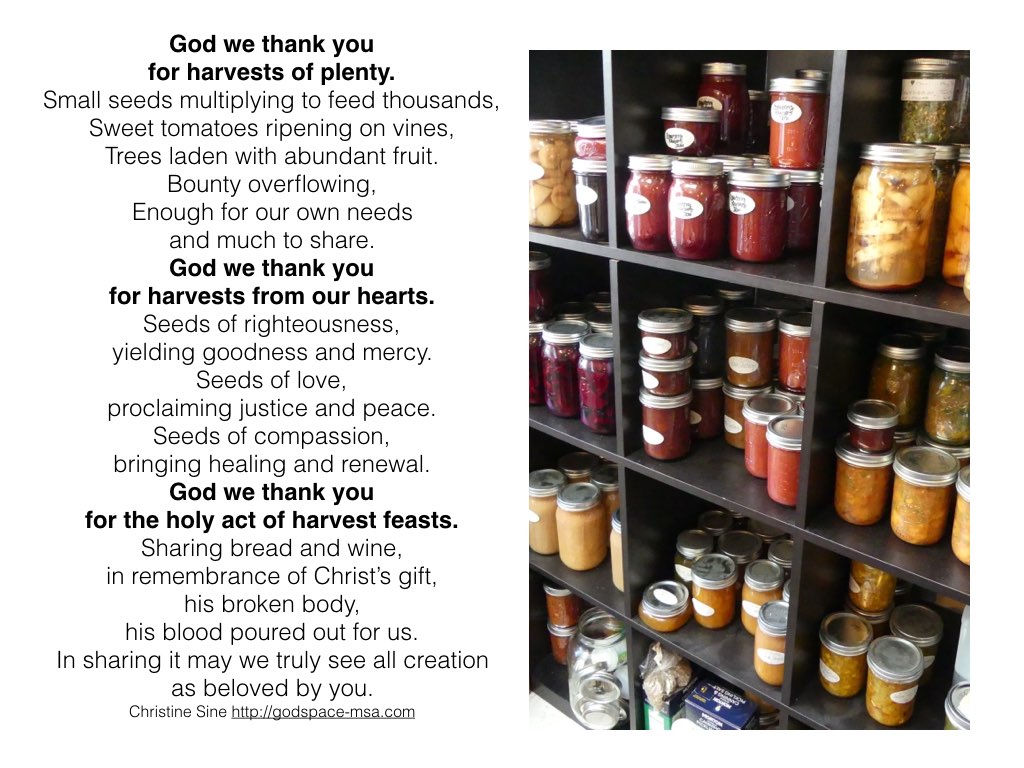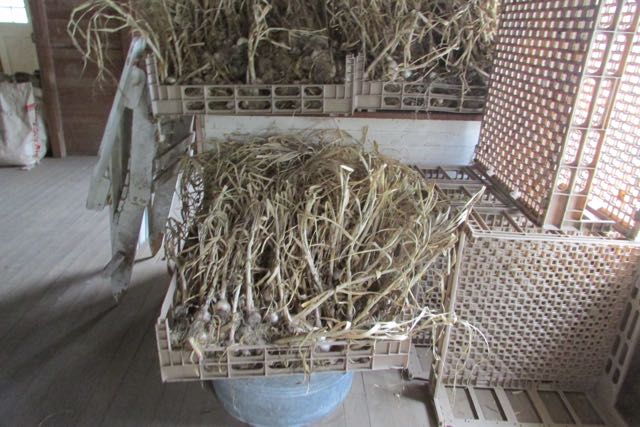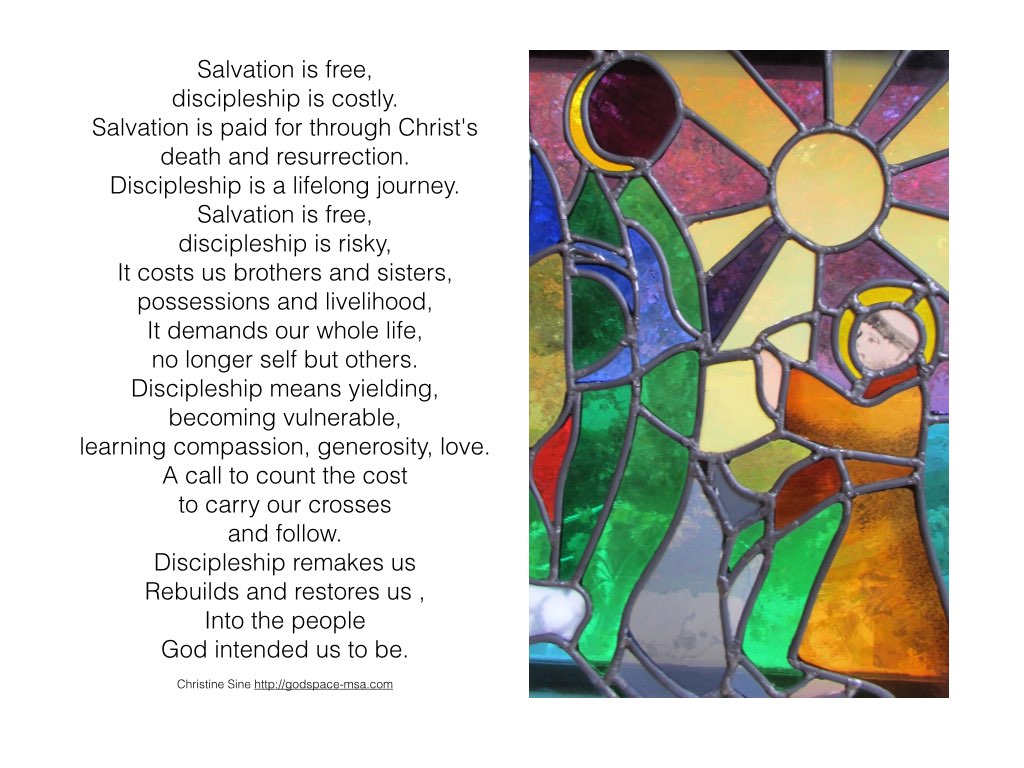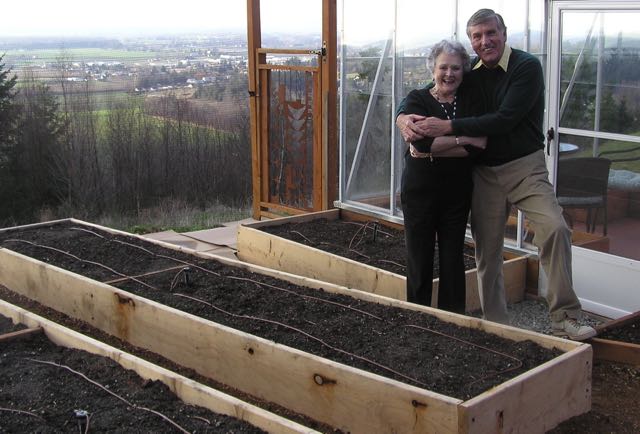At the beginning of August God invited me on a pilgrimage. A journey of saying goodbye to some things and moving towards other things.
It started when the Spirit invited me to stay off of social media for a whole month.
I love social media. Instagram in particular has brought many amazing friendships into my life and strengthened friendships that are distanced by space. It has provided inspiration and opportunities. But God kept calling. Tugging at my heart, “This is not a bad thing in and of itself, but you need to set it down and walk away from it for awhile.”
So I committed to one month away.
And it was harder than I’d like to admit.
Here’s the thing though, what God was really calling me to wasn’t just giving up social media for a time. What he was asking me to give up was fragmentation.
My focus is so often scattered between many things. My attention is held for only small square instances. My heart is fractured, scattered, constantly jumping from one little thing to another. I consume in short fragments. I create in short fragments. And I think that will not effect the ability of my heart to focus on God and seek first His kingdom. But, the truth is it does.
For one month I committed to pilgrimage, to leaving the fragmented consumption of social media (and my life in general) and moving towards something different. I went for long walks. I sat in meditation for long periods of time. I read long form books. I wrote until the whole of a thought had been worked out. I picked up a paint brush and worked on the same painting for a whole month.
During the month God kept giving me an image: The still center of a turning wheel. Inviting me into that still center with him.
Something happened during that month. It was hard. There was lots of shedding and letting go, and lots of tears. But, slowly something began to shift in my heart and in my life. There was peace, an assurance of God’s presence, and most significantly an assurance of God’s deep LOVE.
Here’s the thing about pilgrimages though, eventually the pilgrim has to go home. They have to enter back into the life they had left. Those who go on pilgrimage are not exiles, they are not slaves, they are not expats or foreigners who leave their country for a new one. Pilgrimages, these holy journeys of renew and growth, end with the traveler returning home new.
They return back to the same place and find that they are different.
The place is still the same, but they have changed. And perhaps that is the hardest part of pilgrimages. Returning home and trying to hold onto the change they have found, the holy shifts they have undergone, while still re-entering the work God has given them and the places at the table He has set for them.
Now I find myself on a new journey, the journey of not just being with God at the center of a still wheel, but being with God in the center of a turning wheel.
The saints of old (and even Jesus himself) would often pull away, draw away for focused time with God. But, for most of us God does not call us to stay there, he calls us back into work and life, families and responsibilities. He invites us into quiet, focused, un-fractured times away with him, so that we can learn what it is to be with him in the mist of our fractured and busy lives.
And so my invitation now, the question I sit with now, becomes how to steal away with God in daily life. How do I stay centered and whole in the midst of activity and movement, and the noise of social media and modern community? How do I hold peace and long focus in the midst of a life that may remain fractured and unfocused?
I’m not sure I fully have an answer yet, just a prayer.
Lord, as the world presses in and demands my attention in all different directions may your Spirit pull stronger.
Invite me, call me, pull me away with you often.
Lord, hide me in the center, hide me in your peace.
Remind me often of your never changing presence, the same in the quiet of stillness and in the noise of work.
You are never changing, always with me, always extending your peace and love with open arms.
May I receive.
In the ever present name of Jesus, Amen.
———————————————————————————-
 Bethany Stedman is a woman learning to trust. She is married to a loving husband who happens to have an aggressive cancer. She is mother to a daughter with cerebral palsy and an active little boy who keeps her on her toes and on her knees. She is a woman who is learning early how to bow to a God who is sovereign and good. She blogs about life with God and all of the ups and downs that entails at www.bethstedman.com.
Bethany Stedman is a woman learning to trust. She is married to a loving husband who happens to have an aggressive cancer. She is mother to a daughter with cerebral palsy and an active little boy who keeps her on her toes and on her knees. She is a woman who is learning early how to bow to a God who is sovereign and good. She blogs about life with God and all of the ups and downs that entails at www.bethstedman.com.
St Francis Feast Day is only a few days away, October 4th, and many churches including ours, are getting ready for a blessing of the animals at Sunday’s service. We are about to take our dog, Goldie, to church and have her blessed and I know that this practice is growing in popularity. Even some zoos are getting into the act.
Each year, I post resources for both blessing the animals and for St Francis day so this year I thought I would combine them as many of us associate the two together.
Let me start with a disclaimer. The prayer above is often associated with St Francis, but like other prayers attributed to him it is not actually written by him. It is still my favourite “Franciscan prayer”, which I found out after posting was actually written by Benedictine Sister Ruth Fox of Sacred Heart Monastery in Richadton ND. (Thanks Paul Neely for your post that let me know this and for the link to Sister Ruth’s full blessing).
And for something fresh – this contemporary hymn by Carolyn Winfrey Gillette which I have only recently come across.
St Francis of Assisi – Prayers and Thoughts.
I am not an expert on St Francis so thought I would leave the descriptions and explanations to those that are, like my friend Jamie Arpin Ricci. I suggest that you read this helpful article The Gospel According to St Francis, he wrote a couple of years ago.
St Francis believed that nature itself was the mirror of God. He called all creatures his “brothers” and “sisters”, and even preached to the birds and supposedly persuaded a wolf to stop attacking some locals if they agreed to feed the wolf. In his “Canticle of the Creatures” (“Praises of Creatures” or “Canticle of the Sun”), he mentioned the “Brother Sun” and “Sister Moon”, the wind and water, and “Sister Death”. This prayer (the real St Francis Prayer) was paraphrased by William Henry Draper in the beautiful English hymn All Creatures of Our God and King.
The prayer most commonly associated with St Francis was not actually written by him but is generally believed to be only about 100 years old, penned by an anonymous French writer as Daniel Horan explains in Living the Prayer of St Francis With All Creation but is still a good reminder of all he stood for.
Lord, make me an instrument of your peace.
Where there is hatred, let me sow love.
Where there is injury, pardon.
Where there is doubt, faith.
Where there is despair, hope.
Where there is darkness, light.
Where there is sadness, joy.
O Divine Master,
Grant that I may not so much seek to be consoled, as to console;
To be understood, as to understand;
To be loved, as to love.
For it is in giving that we receive.
It is in pardoning that we are pardoned,
And it is in dying that we are born to Eternal Life.
Amen.
Or you may prefer this form to meditate on
I particularly love this rendition written for international women’s day a couple of years ago:
A Franciscan Prayer for International Women’s Day.
Here is another prayer that is often attributed to St Francis. I love the prayer and it resonates with the spirit of St Francis, though it too, was not written by him:
God bless us with discomfort at easy answers
Paul Neeley at has posted some beautiful songs derived from St Francis Prayer:
The Brilliance – Open Up is a beautiful song.
A rock version of At Francis Prayer
A song from 2007 by Isaac Everett, based on the famed ‘Canticle of the Sun’ by St. Francis of Assisi.
I love this prayer which Micha Jazz posted on the Godspace Facebook page a couple of years ago.
Prayer for St Francis’ Feast
Francis, the destitute and lowly, enters heaven a rich man, acclaimed by the songs of angels!
Lord God, you made Saint Francis of Assisi
Christ-like in his poverty and humility.
Help us so to walk in his ways that,
with joy and love,
we may follow Christ your Son,
and be united to you.
Through our Lord Jesus Christ, your Son,
who lives and reigns with you and the Holy Spirit,
one God, for ever and ever. Amen.
Francis, the destitute and lowly, enters heaven a rich man, acclaimed by the songs of angels!
And finally a beautiful song/prayer/poem of praise from the Franciscan Friars.
The Praises of God
Lord God:
you alone are holy,
you who work wonders!
You are strong, you are great,
you are the Most High,
you are the almighty King,
you, holy Father, King of heaven and earth.
Lord God: you are Three and you are One,
you are goodness, all goodness,
you are the highest Good,
Lord God, living and true.
You are love and charity, you are wisdom,
you are humility, you are patience,
you are beauty, you are sweetness,
you are safety, you are rest, you are joy,
you are our hope
and our delight,
you are justice, you are moderation
you are all our wealth
and riches overflowing.
You are beauty, you are gentleness,
you are our shelter, our guard
and our defender,
you are strength, you are refreshment,
you are our hope.
you are our faith.
you are our love,
you are our complete consolation,
you are our life everlasting,
great and wonderful Lord,
all powerful God, merciful Savior!
Amen.
Blessing of The Animals
 This began as a Catholic celebration associated with St Francis of Assisi, but has become extremely popular for people of many traditions in the last few years. We are discovering more and more the benefits of pets in our lives and society so blessing them at church, in the synagogue or even in our animal oriented institutions, is not just a fun thing to do, it is acknowledging their importance to both us and God.
This began as a Catholic celebration associated with St Francis of Assisi, but has become extremely popular for people of many traditions in the last few years. We are discovering more and more the benefits of pets in our lives and society so blessing them at church, in the synagogue or even in our animal oriented institutions, is not just a fun thing to do, it is acknowledging their importance to both us and God.
Here are some other good resources I have found for litanies on blessing animals.
Letallcreationpraise.org lists several sermons and litany for blessing the animals
St Francis Blessing Liturgy by Rev. Robert Morrison and Rev. Richard J. Fairchild
Textweek.com as usual has links to some great resources on blessing of animals and pets.
Ritualwell.org has a beautiful Jewish animal blessing
Even the humane society has published an animal blessing
Or if you are looking for a Creation Liturgy I recommend this excellent one by John Van de Laar in South Africa.
And for a little nostalgia, listen to “Bless the Beasts and the Children” by Karen Carpenter.
Godspace Posts – Blessing of the Animals and St Francis.
A couple of years ago, I wrote this post: God bless the animals which reflects on that and highlights some of the organizations that work with animals.
In 2011, in my post A Blessing for the Animals I highlighted the work of Episcopal Relief and Development and their free resource from which the liturgy I posted was drawn.
And for those who might like to read more prayers and what I have written in previous years for St Francis day.
Let Us Desire Nothing But God – A Prayer by St Francis of Assisi
Today’s meditation is a little different from usual. I wrote this prayer at the beginning of last week and have been using it each morning as a morning meditation. I use it in conjunction with my singing bowl and have enjoyed this so much that I thought you might like to enjoy the experience with me.
Listen to the video below or if you have your own singing bowl, bell or chimes, use that instead. Ring the singing bowl at the beginning of the prayer and then again before the lines Come Lord reside, Come Lord renew, Come Lord restore and Come Lord enter. This type of practice enables us to both pause and reflect on what we are reading. The sound of the singing bowl resonates deep in our hearts in a very powerful way.
What is your response?
After you have watched the video sit quietly for a few minutes visualizing the presence of God seeping deep into your innermost being. How does this make you feel? Is their any further response God is asking of you?
Let me know what you think. I would consider videoing more reflections like this (time permitting) and want to know if you find this helpful.
I post Monday meditations each week – for previous Meditation Mondays check here
Here in the Pacific NW, it is harvest season. In recent years, we held apple processing parties to help us cope with the overwhelming harvest from our three small trees. This year, we had a smaller crop of delicious apples due to proper watering and vitamin additions, but they were amazing. Also, due to COVID, we did not hold a party for the apples.
Years ago, when I was in Surrey B.C. for a Spirituality of Gardening seminar with A Rocha Canada around this time, their harvest was in full swing and the barn where we met was full of onions, garlic and dried beans.
The harvest season always inspires creativity, challenging me to find new ways to cope with the abundance, new recipes to experiment with and new prayers and liturgies to both write and use. I thought that this was a good time to share some of these with you again.
- This is my favourite set of resources from Christian Concern for One World.
- My friend, John Birch, at Faith and Worship also has an excellent resource list as well as this great Harvest Thanksgiving liturgy.
- My favourite liturgy written by Andrew Warmback and Brian Wilinson in South Africa.
- Take a look at this list for Thanksgiving prayers
And my favourite prayer poem by Gerald Manley Hopkins (yes, I have lots of favourites for this season):
SUMMER ends now; now, barbarous in beauty, the stooks arise
Around; up above, what wind-walks! what lovely behaviour
Of silk-sack clouds! has wilder, wilful-wavier
Meal-drift moulded ever and melted across skies?
I walk, I lift up, I lift up heart, eyes,
Down all that glory in the heavens to glean our Saviour;
And, éyes, heárt, what looks, what lips yet gave you a
Rapturous love’s greeting of realer, of rounder replies?
And the azurous hung hills are his world-wielding shoulder
Majestic—as a stallion stalwart, very-violet-sweet!
These things, these things were here and but the beholder
Wanting; which two when they once meet,
The heart rears wings bold and bolder
And hurls for him, O half hurls earth for him off under his feet.
And resources I have written in past years:
- Important Tips For Coping With Abundance
- The Harvest is Plentiful But the Labourers are Few
- Praying for an Abundant Harvest
- God of the Bountiful – A Harvest Prayer
- The Generosity of God – Fish and Loaves for all
- A Thanksgiving Prayer
Another harvest prayer:
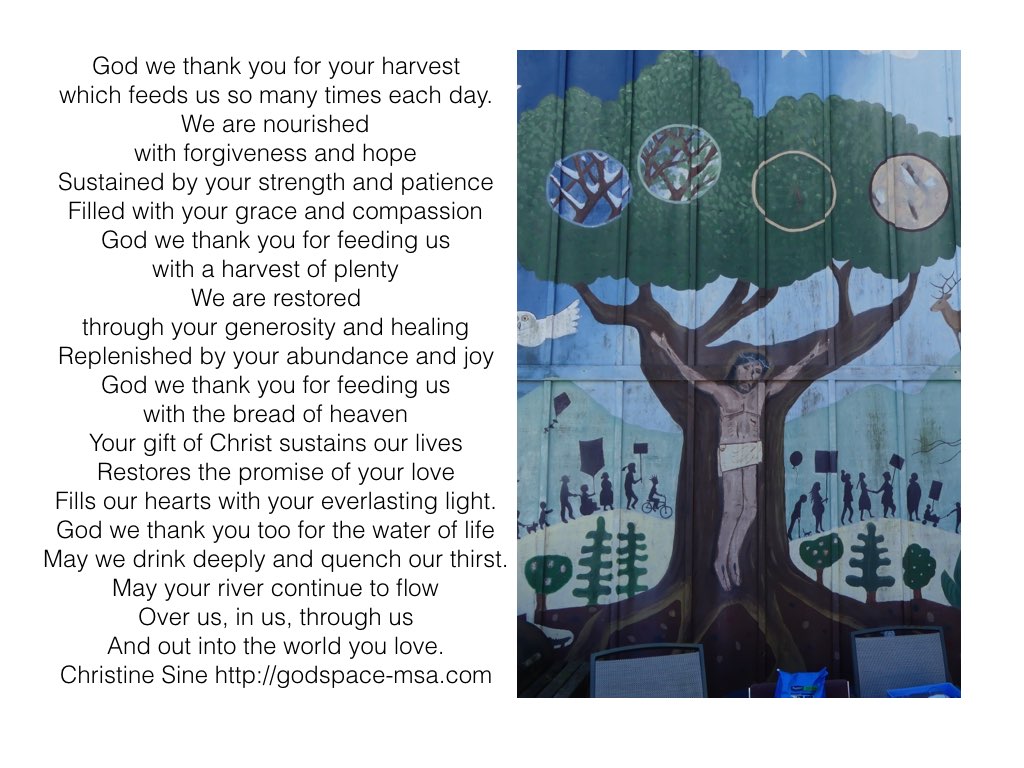
Last, but not least, a song to reflect on at this season:
About five years ago I wrote a post on my blog Salvation is Free, Discipleship is Costly. I talked about Luke 14:25-33 which I see as one of the most challenging of all gospel scriptures. I commented that like many of us I would really like to believe that Jesus did not mean these words literally. But I think that he did. I have thought a lot about that ever since.
This last week I revisited my post and reflected on the journey I have continued to walk since then. Discipleship is not easy, at times we resent it and hate to put to death aspects of our lives that we really selfishly want to hold onto. Discipleship really does demand our whole life and in the process we discover what life is really meant to be about and who we are really meant to be.
The prayer above was inspired by this reflection.
I heard yesterday that our good friend Treena Kerr died last week. Treena was the wife of former TV cook Graham Kerr. A few hours later I heard that Phyllis Tickle had also died. Two such dear people whose lives have impacted many of us over the years.
I remember the last time we were together with Graham and Treena Kerr we talked about mason bees. In the midst of our conversation Graham asked me Are you a wasp or a bee?
Mason bees are the pollinators in the garden. They are gentle industrious creatures that go from flower to flower and from garden to garden gathering pollen. Unlike honey bees they do not develop hives but lay their eggs in holes in existing wood. Without them the fruit would not develop and we would have no harvest. Even honey bees are a valued addition to any garden. Their sweet nectar cannot be equalled and is regarded by some as the food of the gods. Wasps on the other hand are parasitic. They lay their eggs in the host and their young eat and eventually kill the host.
Graham reminded me that the Western church is filled with WASPS (White Anglo-Saxon Protestants) when it should really be filled with bees. What we need are church members who go out into their gardens (communities) and spread the pollen of God’s good news enabling the flowers (people) to produce fruit that will one day be harvested to feed others. At the same time are we bringing back sweet honey to our own communities that can nurture the young and make them able to become mature adult bees (followers of Christ)
Treena and Phyllis are both people who have been like mason bees in so many gardens and their deaths will be a huge loss to many. Phyllis leaves behind a wonderful array of books that will continue to impact our lives. Treena’s zeal for the work of God’s kingdom was often expressed in poetry and I wanted to end with one of her poems that so expresses who she was:
Life.
Where is life?
I turn to find that life is
What?
Life.
What is life?
Is it just a path on which one wanders
To and fro?
Life.
How is life?
When does one begin to see the reason?
Are our ‘doings’ right or wrong? Or –
are they right for us but wrong for others?
Are others reason for this life or
are we?
Life.
You seem to leave one drifting
in a bubble without light.
No blues or greens,
no shades or red
Just opaque nothing,
fish-eye dead.
Life .
Where are you?
What are you?
Who are you?
Can you make my life worthwhile
so I can make a life of worth
for others that I love?
I know not,
where,
or what,
or who you are?
Life.
I searched and wondered,
Then was told one day,
The Man of Life once said,
“ I am the Way
the Truth,
the Life.”
Life,
Now at last I know, that Life,
is laying down my life,
for Life!
As many of you know, my husband Tom and I have just returned from a consultation with the executive staff of Serve Globally, the umbrella organization for the Evangelical Covenant Church’s overseas mission initiatives. Using our MSA process of spiritual reflection, group discernment and creativity we encouraged them to consider new and innovative possibilities for the future of their organization.
Join the Changemaking Celebration
Tom inspired participants with material on new forms of changemaking and encouraged them to view discipleship as a new design opportunity to create a better way of life. This material was based on his upcoming book Live Like You Give A Damn! Join the Changemaking Celebration. The manuscript will go to the publisher at the end of September, with an anticipated publication date of April 2016.

In May, in conjunction with Seattle School of Theology and Psychology, Tom and Forrest Inslee facilitated a similar process to that conducted with Serve Globally, with a local church facing an uncertain future. We are excited to see the implementation of ideas from this consultation in the development of new ministries and opportunities for the church facilities.
Over the summer many of you participated in yet another practice of enquiry and discernment as we enlisted your help through this newsletter and social media to address the challenges posed by vandalism on Camano Island. The responsiveness to all these situations has been far greater than we ever anticipated, affirming for us the value of the MSA process, which is at the heart of our developing Center for Imagination and Innovation.
 We have ordered the mini-cabin that will be constructed next month on Camano Island as an off the grid caretaker dwelling. It has already stirred our architect to sketch out new possible designs for affordable but more sustainable tiny houses, and we are excited about where this project will lead us through further discussion and discernment. Please consider contributing to this special project.
We have ordered the mini-cabin that will be constructed next month on Camano Island as an off the grid caretaker dwelling. It has already stirred our architect to sketch out new possible designs for affordable but more sustainable tiny houses, and we are excited about where this project will lead us through further discussion and discernment. Please consider contributing to this special project.
Andy Wade continues to develop the idea of gardening with God and neighbour in mind. He challenges us all to think beyond community gardens and start a revolution, reimagining our yards, neighbourhoods and communities with the production of food at the centre. This has garnered a lot of interest. Andy ran two classes at the annual gathering of Pacific NW Mennonite Churches in Albany, Oregon in June, inspiring us to make this seminar available through the MSA website.
A Busy Season Coming Up
 Our Fall retreat, Rest in the Moment, will be held at the Mustard Seed House in Seattle this coming Saturday, September 26th. As we zoom towards the busyness of end of the year celebrations, all of us need to take time for retreat and refreshment. There is still time to sign up and join us. Or if you live outside the Seattle area, consider your own retreat day using our e-course Return to Our Senses.
Our Fall retreat, Rest in the Moment, will be held at the Mustard Seed House in Seattle this coming Saturday, September 26th. As we zoom towards the busyness of end of the year celebrations, all of us need to take time for retreat and refreshment. There is still time to sign up and join us. Or if you live outside the Seattle area, consider your own retreat day using our e-course Return to Our Senses.
Justice at the Table with Andy Wade on October 24th is another exciting opportunity. Join us as we explore together the intricate connections between our faith, fellowship and the food we eat.
New Resources Coming Soon
 In the next few weeks we will launch two new MSA resources:
In the next few weeks we will launch two new MSA resources:
- Our new prayer card series Rest in the Moment will be available next week. This series of ten cards invites us to pause for morning, midday and evening prayers with short reflections on the back that invite us to enter into the presence of God. For many of us this will provide an important and rich new spiritual practice for the coming season.
- Our long-awaited recording Brigit and the Hospitality of God, composed of songs, liturgies and responsive readings adapted from last year’s Celtic retreat, will also be available for download at the beginning of October. This is a wonderful way for those of you who cannot join us in person to participate in our worship and celebration.
On Godspace, too, as I mentioned in an earlier post, new resources will prepare us for the upcoming season. October and November will focus on journey and pilgrimage, and for Advent our theme will be Leaning towards the Light. Not only do we expect to post daily reflections, but we will also offer a daily photo challenge: Reflections of Hope. MSA collaborator Jean Andrianoff will provide a word for each day along with an Old and New Testament reading that inspire us to take photographs as we reflect on the theme. So keep your eyes open and your cameras ready. The information about this challenge will be available next month.
Thank you for your continued support, prayers and encouragement for all of us at MSA.
As an Amazon Associate, I receive a small amount for purchases made through appropriate links.
Thank you for supporting Godspace in this way.
When referencing or quoting Godspace Light, please be sure to include the Author (Christine Sine unless otherwise noted), the Title of the article or resource, the Source link where appropriate, and ©Godspacelight.com. Thank you!

